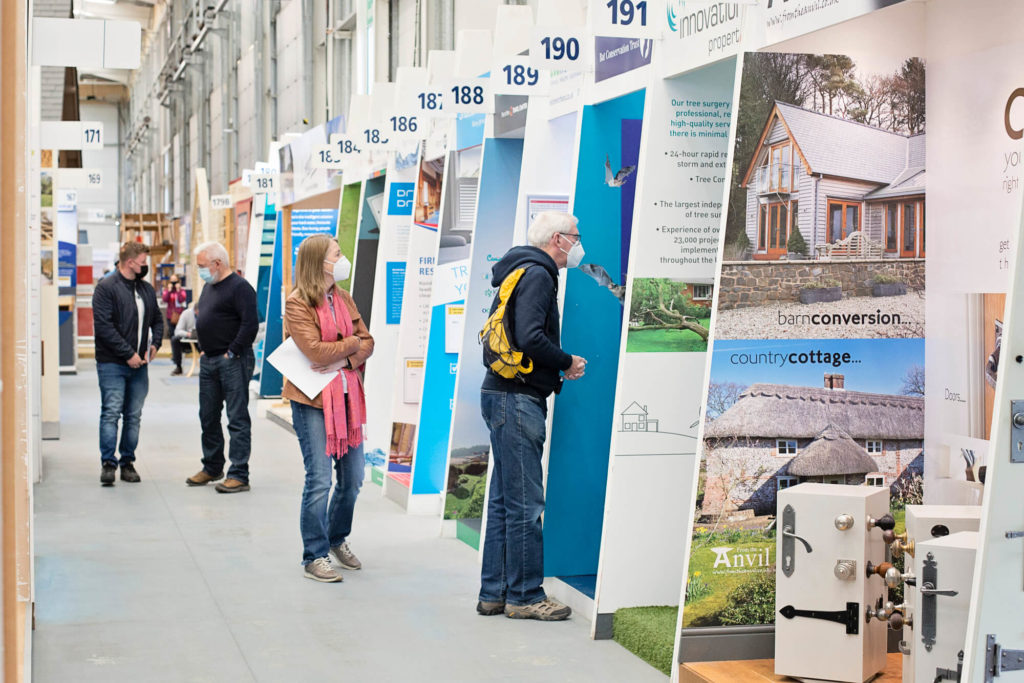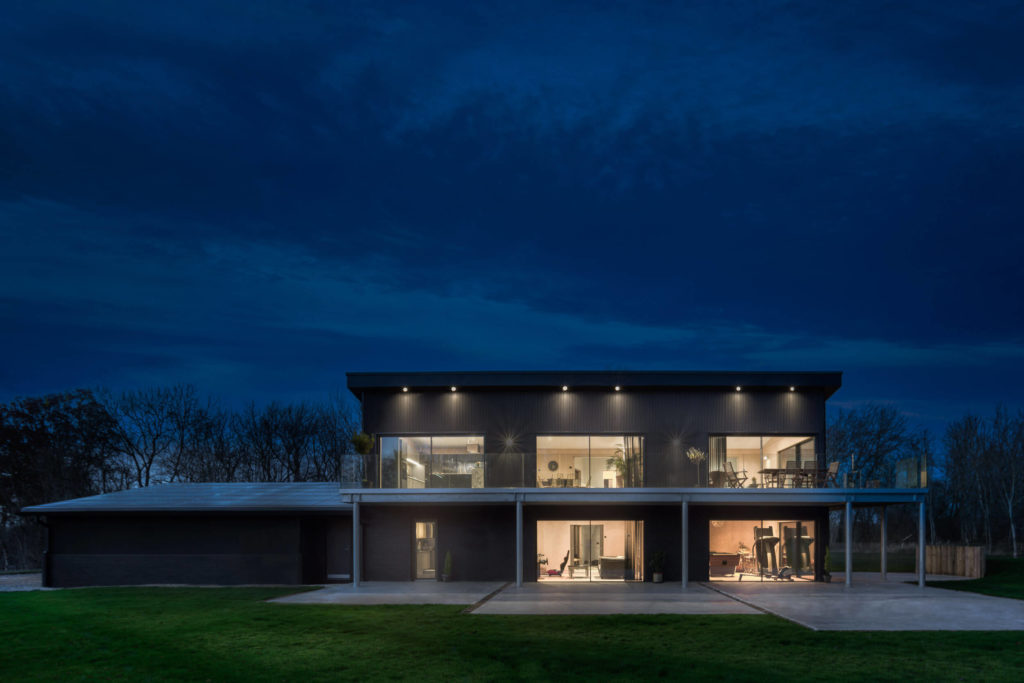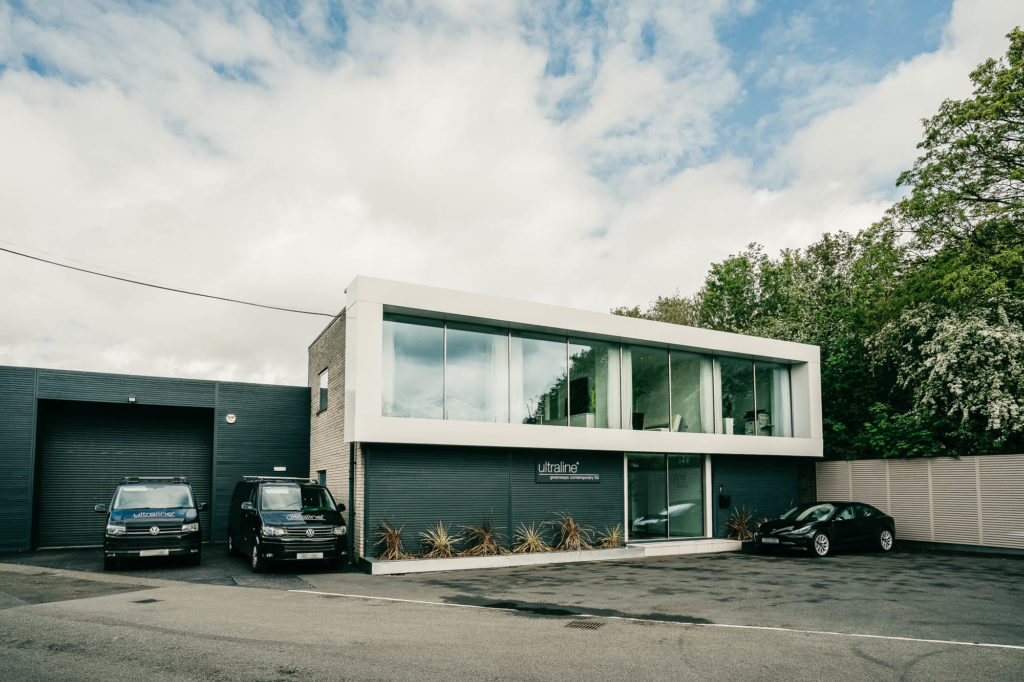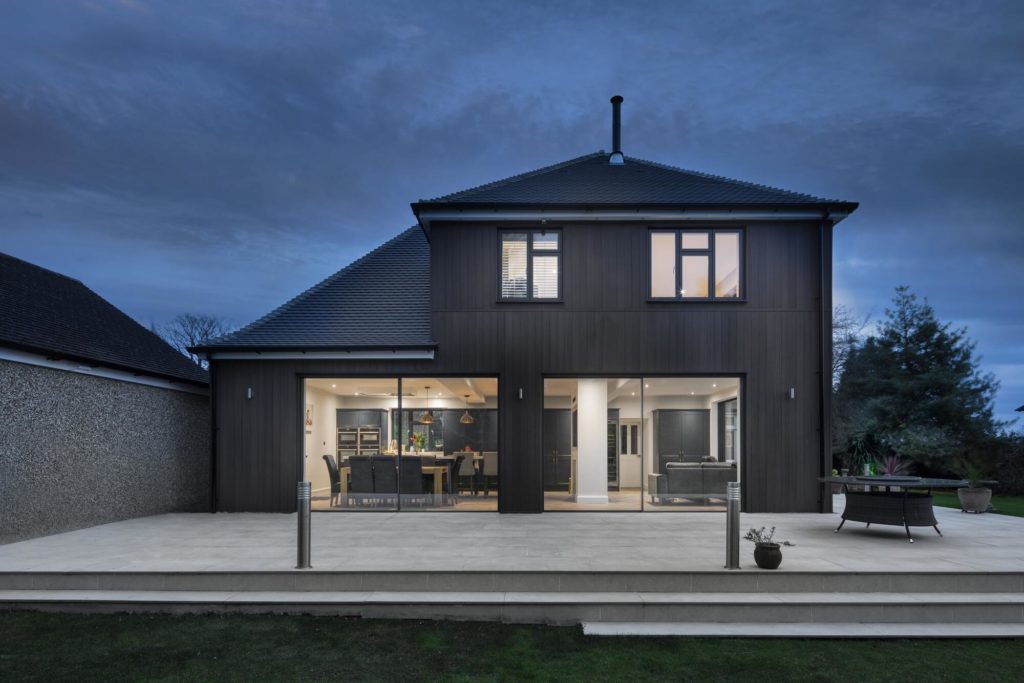With a growing awareness of the importance of sustainability – particularly in the construction industry – the pressure is on to create environmentally-friendly homes. And with energy prices soaring, it makes even more sense to design an energy-efficient building that will need minimal power to fulfil its heating and lighting requirements.
With this in mind, we sat down with Minima Slidings’ Operations Director, Dan Smith, to ask him some questions about sustainability in relation to energy efficient sliding doors.

Well, with the rise in awareness of environmental issues, house builders are keen to do all they can to make planet-friendly choices and reduce their carbon footprint. Then, of course, there’s the change to Building Regs Part O which relates to minimising solar gain and preventing overheating. As a result of this, we’ve seen a big increase in customers asking us specifically about thermal values and insulation.

As well as Building Regs Part O mentioned above, new properties also have to adhere to SAP calculations which measure energy efficiency. If a property doesn’t meet these criteria, it won’t be signed off by Building Control and can’t be legally listed for sale or rent. As well as these legal stipulations, there is also a moral and ethical issue regarding sustainability. More and more people now want to do ‘the right thing’ in terms of building a home to ensure it makes as little impact on the planet as possible.

Yes, they are. Both aluminium and glass are recyclable and reusable materials, making aluminium sliding doors an excellent choice in terms of sustainability. Added to this, the energy-efficient properties of our slimline sliding doors help to lower your carbon footprint and reduce energy bills, meaning our doors are kinder to the environment.
The design of our slimline door frames (20mm all the way around) means that less aluminium is required for the manufacture of our doors. And it’s this narrow profile which is one of the reasons why architects and developers specify Ultraline Sliding Doors for their projects. Less frame gives you more view as well as a contemporary, high-end look.
Our premium sliding doors are made and distributed in the UK which means that we have a lower carbon footprint in relation to transport than some of our European competitors. Our doors are also highly durable, so they won’t need to be replaced for many years to come. In fact, we’re so confident about the durability of our aluminium sliding doors, we offer a 10-year warranty with each set of doors we sell. In reality, we find that our doors look exactly the same 15 years on from when they were first installed.

Yes. The fundamental thing to point out here is that on any aluminium door system, the aluminium frame is the weak part, thermally speaking, and the glass is the strong part. So as a bifold door has more frame than a sliding door, generally they have a worse performance rating. As sliding doors experts – we don’t make any other products – we endeavour to make our doors as energy efficient as possible. In terms of thermal performance, Ultraline’s sliding doors achieve a competitively low U-value of 1.2. This is significantly lower than the typical U-value of bifold doors, and is aligned with current Building Regulation minimum of 1.2.

3 Ways in which Ultraline Sliding Doors are sustainable
Is sustainability to a key concern for your building project? Give us a call to talk you through how Ultraline’s award-winning sliding doors might be able to help.